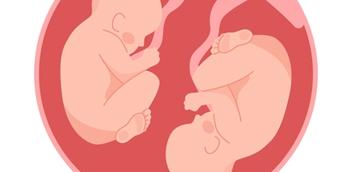
HPV vaccine side effects reported
Since its FDA approval, more than 23 million doses of the quadrivalent human papillomavirus vaccine have been distributed in US and a total of 12,424 reports of adverse events following immunization have been received.
Since its licensure for females aged 9 to 26 years by the Food and Drug Administration (FDA) in 2006, more than 23 million doses of the quadrivalent human papillomavirus (types 6, 11, 16, and 18) recombinant vaccine (qHPV) have been distributed in the United States and a total of 12,424 reports of adverse events following immunization (AEFIs) have been reported to the Vaccine Adverse Event Reporting System (VAERS) for a rate of 53.9 reports per 100,000 doses distributed. Of those, only 772 met the FDA's definition of "serious," including 32 deaths.
Rates of adverse events per 100,000 of qHPV doses distributed were 8.2 for syncope; 7.5 for local site reactions; 6.8 for dizziness; 5.0 for nausea; 4.1 for headache; 3.1 for hypersensitivity reactions; 2.6 for urticaria; 0.2 for venous thromboembolic events (VTEs), autoimmune disorders, and Guillain-Barré syndrome; 0.1 for anaphylaxis and death; 0.04 for transverse myelitis and pancreatitis; and 0.009 for motor neuron disease.
Most of the rates were in line with those calculated in prelicensure data as well as with rates associated with other vaccines, with the exception of those for syncope and VTEs, which were disproportionally reported. The authors of the data point out, however, that as increased numbers of young women are vaccinated, rare AEFIs will be observed more frequently. Only ongoing monitoring will determine whether serious AEFIs require further evaluation.
Newsletter
Get the latest clinical updates, case studies, and expert commentary in obstetric and gynecologic care. Sign up now to stay informed.









